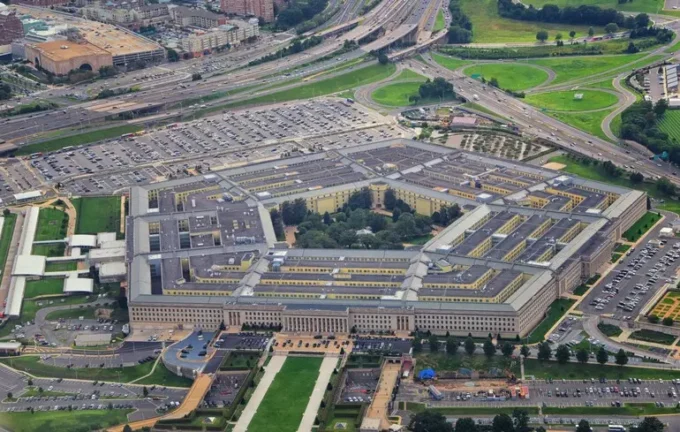Pentagon Tightens Control Over Officials’ Participation in International Forums to Protect Department’s Reputation and Values

The U.S. Department of Defense has announced a new policy that involves suspending the participation of high-ranking officials in international forums and conferences hosted by think tanks and other organizations. This decision has attracted widespread attention and sparked vigorous discussions within diplomatic and defense circles. Under the new rules, every event involving Defense Department representatives will be subject to thorough scrutiny to ensure alignment with the department’s core values and policies. This move was adopted in response to increasing pressure regarding the reputation of the United States on the global stage and to prevent participation in events that could harm the country’s image. A significant motivation behind this initiative is the necessity of carefully managing the image of American military and officials in the international information space. Previously, senior defense officials regularly spoke at global conferences, shared policy positions, and engaged in security discussions. However, recent political developments, including statements by politicians and officials, have raised concerns among government representatives. Consequently, the Pentagon is implementing stricter measures to avoid potential criticism and maintain the nation’s global standing. This new policy is expected to cover all levels of government officials, officers, and senior leadership within the department. They will be required to submit detailed speeches before participating in events, further increasing oversight over information dissemination. Additionally, the Pentagon is actively analyzing whether to participate in other security forums, including the Halifax Security Forum scheduled for November. This is driven by a desire to avoid associations with globalist propaganda and policies that conflict with American values. This approach indicates a shift in U.S. defense policy aimed at strengthening internal control and safeguarding informational flows. Critics warn, however, that this may restrict freedom of speech and reduce transparency among public servants engaging internationally.

